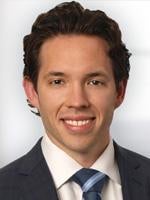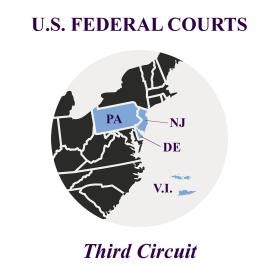On March 5, 2020, in a significant departure from the Eleventh Circuit’s recent ruling in United States v. AseraCare Inc., the Third Circuit Court of Appeals held that a disagreement over medical decision-making can serve as a basis for liability under the False Claims Act (“FCA”).
The underlying FCA lawsuit, U.S. v. Care Alternatives, was brought by three former employees of Care Alternatives who alleged that the hospice provider admitted patients who were ineligible for hospice care and directed its employees to improperly alter those patients’ Medicare certifications to reflect eligibility. During discovery, the parties produced extensive evidence addressing whether Care Alternatives admitted ineligible patients, including dueling expert opinions.
Once discovery closed, Care Alternatives moved for summary judgment, arguing – among other things – that the relators could not establish the critical element of falsity by relying on a difference of opinion between physician experts. The Government – which had declined to intervene in the action – nonetheless submitted a statement of interest asking the U.S. District Court for the District of New Jersey to reject Care Alternatives’ arguments regarding objective falsity.
Citing several opinions from various federal district courts and other circuits, including the Eleventh and Fifth Circuits, the District Court agreed that a “mere difference of opinion, without more, is not enough to show falsity.” The Third Circuit opined that the District Court relied on the incorrect premise that medical opinions cannot be false.
On appeal, the three judge panel rejected the District Court’s decision and held that “a difference of medical opinion is enough evidence to create a tribal dispute of fact regarding FCA falsity.” In reaching this decision, the Third Circuit held that the lower court’s premise – that an opinion is subjective and a difference of opinion is not enough to show falsity – “is inconsistent with the meaning of ‘false’ under the FCA.” The Court further opined that by requiring “factual evidence that Defendant’s certifying doctor was making a knowingly false determination, the District Court’s ‘objective’ falsity standard conflates scienter and falsity.” The Third Circuit said that at least in its jurisdiction, “findings of falsity and scienter must be independent from one another for purposes of FCA liability.” The Court softened the blow of its decision somewhat, conceding that “[s]cienter helps to limit the possibility that hospice providers would be exposed to liability under the FCA any time the Government could find an expert who disagreed with the certifying physician’s medical prognosis.” Nevertheless, the Court found that disagreement over subjective medical decision-making is insufficient to negate the critical element of falsity.
Based on that rationale, the Third Circuit reversed the District Court’s grant of summary judgment in favor of Care Alternatives and remanded the case for consideration on the remaining elements of FCA liability. The Third Circuit’s departure from the Eleventh Circuit’s ruling in AseraCare emphasizes the growing circuit split as to this issue and, as such, the Court’s opinion may be prime for appeal to the United States Supreme Court.




 i
i


